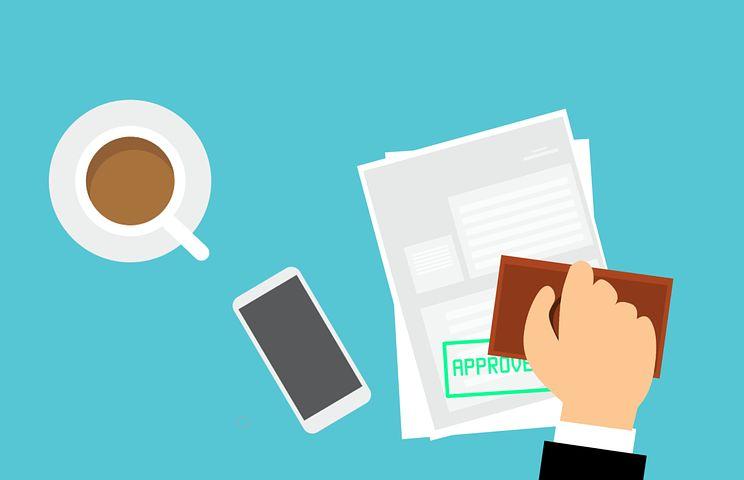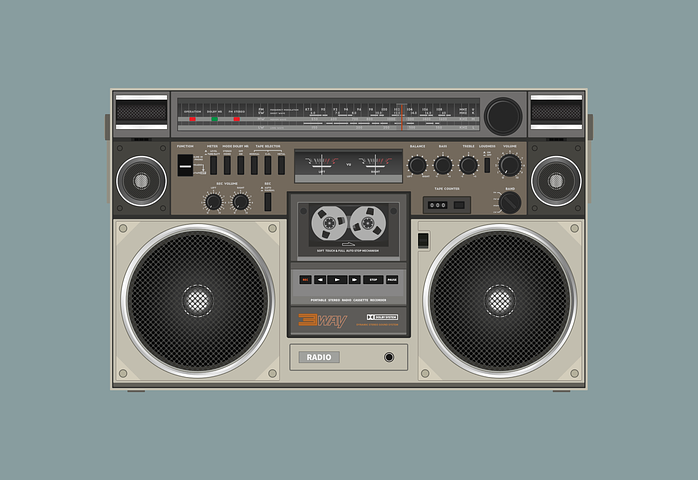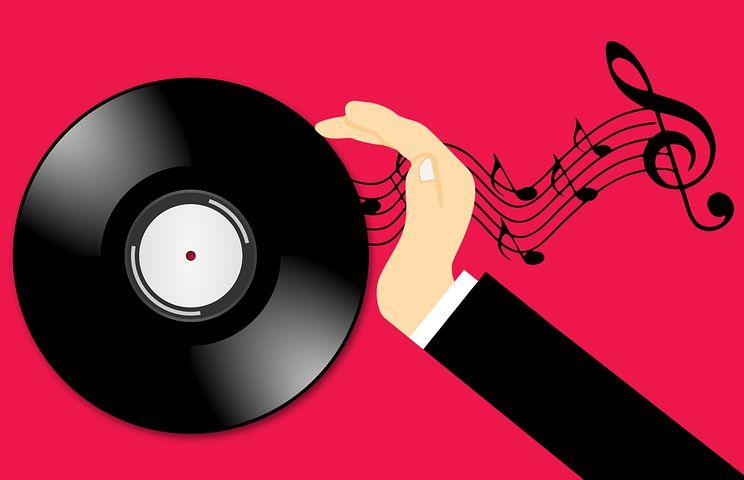How To Start A Record Label In Nigeria And Make Money – 6 Easy Steps
If you want to make money in Nigerian entertainment industry, but you don’t have much in the way of musical talent, you can start your own independent record label. This is also an option for up-and-coming musicians who are having trouble getting signed with a major label deal.
Running (indie) record label in Nigeria is ecstatic, but it takes a whole lot of commitment and a ton of money. It is critical and important you go into the business with open eyes. If your objective or sole purpose of wanting to have a label is to release your music then follow me along, this article provides a basic overview on how to start your own record label in Nigeria.
Choose A Business Structure And Label Name
This is the time to figure out how the label will operate, such as who will be responsible for which tasks and how people will be paid. Do a little online research to make sure your name isn’t already taken.
Some skip this step but it will be a very good idea to set-up your record label as a legal business entity from the initial stage with Corporate Affairs Commission (CAC). Basically, to register a record label with CAC it will cost you about N100,000 to N200,000 in Nigeria. There are a few general guidelines to keep in mind ; If you are starting the label with other partners, you will need a partnership agreement that details the percentage of ownership each partner has, how each partner can leave the business, how decisions will be made in the partnership, and so on. For most indie labels, the best business structure is one that is simple and that protects the partners from personal liability should something go wrong in the business.
Benefits Of Registering Your Record Label With Corporate Affairs Commission Of Nigeria (CAC)
- You can open a corporate account with your registered business certificate.
- Potential customers tends to feel more comfortable paying into a corporate account than a regular saving account bearing your name. And you can open a corporate account with any bank of your choice with a registered business.
- Registering your business gives your business a business structure.
- You can apply for bank loans and grants when your record label is registered.
- You have better access to investors with a registered business as investors look at your business structure first before investing.
- A registered business gives clients confidence that they are dealing with a reputable organization.
- With a registered business, you can easily obtain a visa and travel to any country for events, tours and for other purposes.
Figuring Out Distribution
Music is moving from physical purchases to digital downloads and streaming, and Nigeria is definitely part of this, market for online music has been very positive. Aggregating services like Palmwine Media will put your music on sites like iTunes, Apple Music, Spotify, Amazon, Google Play, Tidal, YouTube, Deezer, Spinlet, Vevo, Boomplay, and 150+ other platforms. You can set up these services from the word go, so you don’t have to wait around with good releases on your hand that you can’t move at all.
Some physical distributors will work with anyone, these companies will actively get involved in selling your releases to the stores and will often help you advertise your releases. These sorts of companies usually want to know that you’ve got a busy release schedule planned—they don’t like working with a label with one release.
Distributors deals in which they pay for manufacturing up front and recoup it from sales. It helps with your cash flow in the short term, but these deals are becoming more of a rarity.
Artwork Approval
Be ready for delays, which happen often. Also be aware that, at least in your first few jobs with a manufacturer, you will have to sign off on the printing before the job is complete.
Your distributor will prefer a good lead time to sell your release to their stores. They will also want your release to have an appropriate place on their schedule so that your release is not overshadowed by bigger releases they may have. Even though shuffling your release date to accommodate a bigger release might be a bit annoying, it is in your best interest to have your distributor focused on your project.
Figuring Out Promotion
Radio; terrestrial radio, satellite radio, internet radio, Printmedia, Onlinemedia,
Clubs Advertising: posters, print ads, internet ads, and even TV ads, If you have never done promotion work before, you will need to do some groundwork, like building up a press database.
Hire PR for certain parts of your campaign.
First Release Redux: Ride The Learning Curve
It has been said before, but it bears repeating that running a record label is a learning process. When you commit to starting a label, commit to riding out its ups and downs. Sometimes things are going to go wrong, even if you do everything right.
When you start a record label, finding music to release and finding a low budget distribution channels is a bit of a chicken and egg situation. Distributors want to know that you have some music ready to go before they will commit to working with you (in most cases), but musicians will want to know that you have distribution before they sign to your label and sometimes, unsigned musicians will be willing to come on board before you source for distribution.
Don’t chase trends. Focus on releasing and promoting quality music, nurturing your fan base, and being good to your artistes. Things tend to fall into place when you focus on the basics.
Recommended: 7 things most Nigerian record label companies check before they sign any up-and-coming artistes
Finding music to release can be harder than it sounds; it’s a bit like finding the proverbial needle in the haystack. One of the easiest things you can do is to start locally. Go check out some local musicians (there are tons of them on the social media who are looking for some who will help polish their raw singing talents) and see if you can find a few artistes you’d like to work with.
Chances are, even with the best intentions and carefully made plans, you will have made a mistake with your first release. That’s fine, after your first release, take some time to evaluate the whole process and decide what went cool and what needs improvement. Apply your lessons to your next release. Move on. As long as you’re learning from each release, you’re doing just fine.
Record Label (Indie) Contracts: Framework And Artiste Deals
This is the core aspect of most record labels, you will need to set up a deal with the artistes and this deal (contracts) can either make you or break you. One of the best thing about indie labels is that you can essentially have any kind of deal you want.
Be honest with your artistes about what you can provide and what you can’t. If a problem crops up, be honest with them about that too; basically there is no record label without artistes or bands. Bad reputations in the industry are almost always derived from dishonesty.
Most record labels don’t make their contracts flexible enough to accommodate the growth of their artistes, do not let this be your case, in-fact consider going into partnership with them to build a larger entity which could give a ‘bigger pie’ to share at the end of the day. It makes life a lot more easier when you create an equilibrium deal that works for you and the artist on a case-by-case basis.
How Does A Record Label Make Money?
Sales & Streaming: Artistes and record labels earns from direct sales and online streaming.
Publishing & Licencing: Music publishing and licensing is an increasingly important revenue stream for independent labels and artistes. Publishing refers to the ownership of songs and compositions, while licensing makes your music available for sync deals with visual media, including adverts, games, TV shows and movies but you need to register with the appropriate governing bodies.
Performance Royalties: You collect performance royalties when your song is played on the radio or live at a show.
Merchandising &Ticket Sales: Artistes and labels can always earn some extra cash at live events and online by selling tickets and music merch such as T-shirts, Hoodies, Posters, CDs etc.
Conclusion
Most record labels don’t make money, but if you run it properly, your label could be of great assistance to an artiste. If that artiste does well, then your label will make a portion of everything the artiste makes and that’s the reason why you need to consider a partnership agreement between your artistes, trust me its going be a long lasting relationship for you both.
Do you have any questions or advice for other record label owners? Or any stories to share on making money as an indie label? Let us know in the comments section below.





